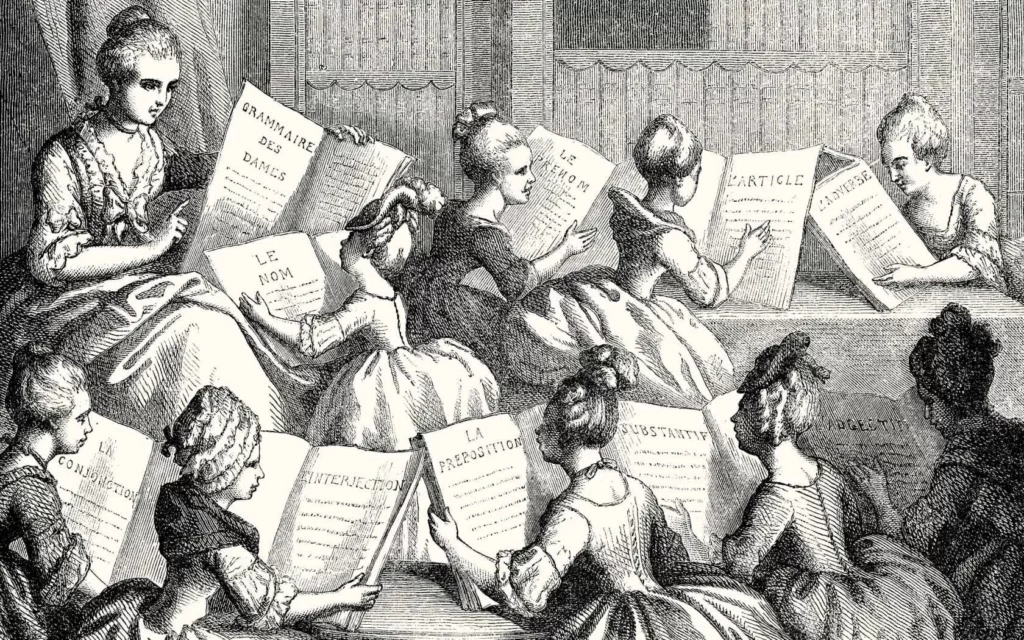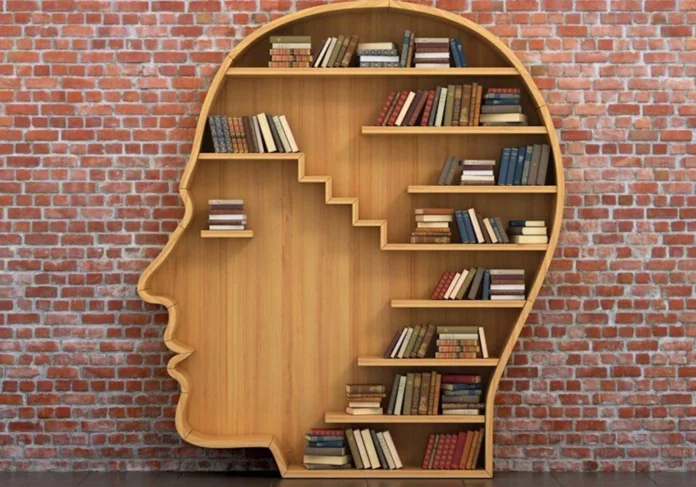Literary criticism is an essential discipline that delves into the intricacies of literature, analyzing and interpreting works of art to uncover their hidden meanings and significance. It is a field of study that not only enhances our understanding of literature but also offers valuable insights into the human experience and the power of storytelling in the United Kingdom and beyond.
Unveiling Hidden Meanings
At its core, literary criticism aims to unveil the hidden meanings embedded within literary works. It goes beyond surface-level analysis, peering into the depths of prose, poetry, and drama to uncover the underlying themes, symbols, and motifs that enrich the text. By scrutinizing the writer’s choice of words, narrative techniques, and character development, critics shed light on the complex layers of meaning that may not be immediately apparent to the casual reader.
Interpretation and Analysis
Literary criticism involves the interpretation and analysis of literary texts through various lenses. Critics draw from different schools of thought, such as structuralism, feminism, postcolonialism, and psychoanalysis, to provide diverse perspectives on a particular work. These critical frameworks allow for a deeper understanding of the socio-cultural, historical, and psychological contexts in which the literature was created, and how these factors shape its meaning.

Evaluating Artistic Merit
Critics play a crucial role in evaluating the artistic merit of literary works. They assess the quality of writing, the effectiveness of storytelling techniques, and the overall impact of the work on readers. Through their evaluations, they contribute to the canon of literature, helping to identify works that possess enduring value and cultural significance.
Appreciation and Engagement
Literary criticism also fosters appreciation and engagement with literature. By exploring the nuances and complexities of literary works, critics enhance readers’ understanding and appreciation of the craft. Their analyses invite readers to engage in a dialogue with the text, encouraging them to explore different interpretations and develop their own critical thinking skills.
Historical and Cultural Context
Understanding the historical and cultural context in which a literary work is situated is vital for literary criticism. Critics examine the social, political, and cultural milieu of the time period in which a work was written to unravel its deeper meaning and significance. This contextual analysis helps readers appreciate the work as a product of its time and gain insights into the societal issues and values it reflects.
Pushing Boundaries and Provoking Discourse
Literary criticism challenges established norms and pushes the boundaries of traditional literary analysis. Critics often raise thought-provoking questions, challenge prevailing interpretations, and offer fresh perspectives on familiar works. This intellectual discourse not only enriches our understanding of literature but also contributes to the evolution of literary theory and criticism itself.
In conclusion, literary criticism is a multifaceted discipline that allows us to explore the depths of literature, unravel hidden meanings, and engage with the power of storytelling. Through analysis, interpretation, and evaluation, literary critics offer valuable insights into the artistic merit and cultural significance of literary works. By appreciating the role of literary criticism, we can deepen our connection with literature and gain a greater appreciation for the profound impact it has on our lives.


